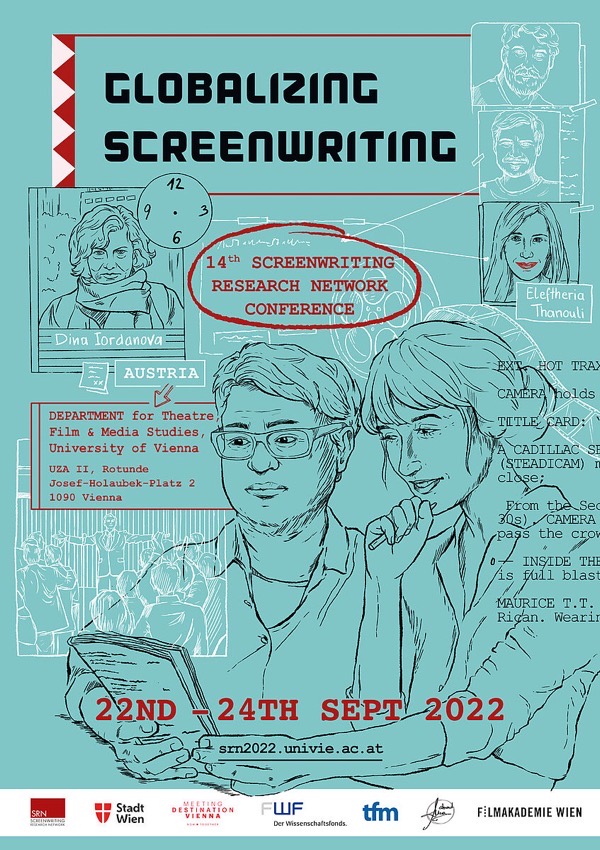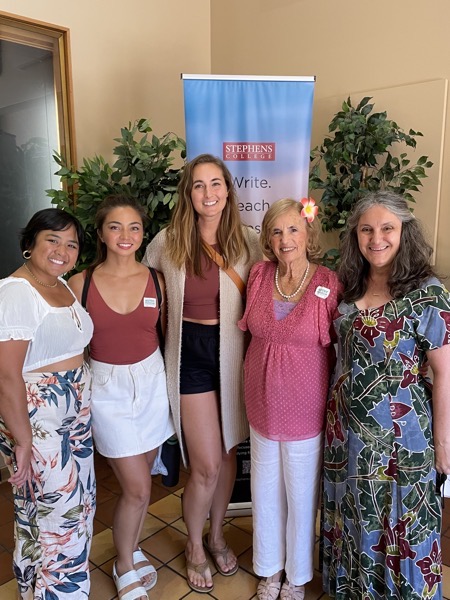Reading Leads to 6 Degree Games with Famous Names by Dr. Rosanne Welch
A funny thing happens when you read a lot of biographies – sometimes names you never heard of turn up in the lives of people who never met and you’re reminded that the 6 Degrees of Kevin Bacon game could be played in generations in the past (with different names of course).

Rachel Carson By U.S. Fish and Wildlife Service – This image originates from the National Digital Library of the United States Fish and Wildlife Service at this page This tag does not indicate the copyright status of the attached work. A normal copyright tag is still required. See Commons:Licensing. See Category:Images from the United States Fish and Wildlife Service. http://training.fws.gov/history/carson/carson.html, Public Domain, Link
That’s what happened when I picked up William Souder’s biography of Rachel Carson On a Farther Shore. I had taught her book Silent Spring which reinvigorated the environmental movement in the 1960s so I wanted to know how she became a writer. As I was reading one of her influences was Hendrik Willem van Loon, a Dutch-American children’s book author, historian, and journalist (like Carson). He wrote The Story of Mankind in 1921 as a history of the world for children and won the first Newbery Medal in 1922. I’ve been reading Newberry Award winners all my life so it was fun to learn he won the first, but that’s not why I remembered his name.

Hendrik Willem van Loon By Underwood & Underwood – This image is available from the United States Library of Congress‘s Prints and Photographs division under the digital ID cph.3a02154. This tag does not indicate the copyright status of the attached work. A normal copyright tag is still required. See Commons:Licensing for more information., Public Domain, Link
That knowledge came from another biography I had delved into several years ago when I started teaching the History of Screenwriting. There I ‘met’ Frances Goodrich Hackett, co-screenwriter with her husband Albert of several classics including The Thin Man, Father of the Bride, It’s a Wonderful Life before winning both the Tony and Pulitzer Prize for the stage version of The Diary of Anne Frank. Then they adapted it into a film. Turns out Von Loon had been Goodrich’s second husband (Albert was her third and final since their marriage and writing partnership lasted over 50 years).

Frances Goodrich Hackett, By not known Fair use, Link
I love accidental finds like that. Carson was influenced by Von Loon to become a writer and Frances became one after she left him. Interesting that both of these women and their writings are now more well-known than he or his works when, at the time, he was the more famous.









![17 We Stand On The Shoulders…from When Men Forget Women: The Many Ways Male Screenwriters Fail to Mention their Female Colleagues [Video]](https://rosannewelch.com/wp-content/uploads/2022/08/rmw-scms-2021-17.jpg)
![Powers Cameragraph projector, c. 1904-06, Hollywood Heritage Museum (Lasky-DeMille Barn) via Instagram [Photography]](https://rosannewelch.com/wp-content/uploads/2022/08/projector.jpg)

![16 Joan Didion & John Gregory Dunne from When Men Forget Women: The Many Ways Male Screenwriters Fail to Mention their Female Colleagues [Video]](https://rosannewelch.com/wp-content/uploads/2022/08/rmw-scms-2021-16.jpg)




![Vintage Film Makeup Kit, Hollywood Heritage Museum (Lasky-DeMille Barn) via Instagram [Photography]](https://rosannewelch.com/wp-content/uploads/2022/07/makeup-kit.jpg)
![15 Nice Guys and Allies from When Men Forget Women: The Many Ways Male Screenwriters Fail to Mention their Female Colleagues [Video]](https://rosannewelch.com/wp-content/uploads/2022/07/rmw-scms-2021-15.jpg)